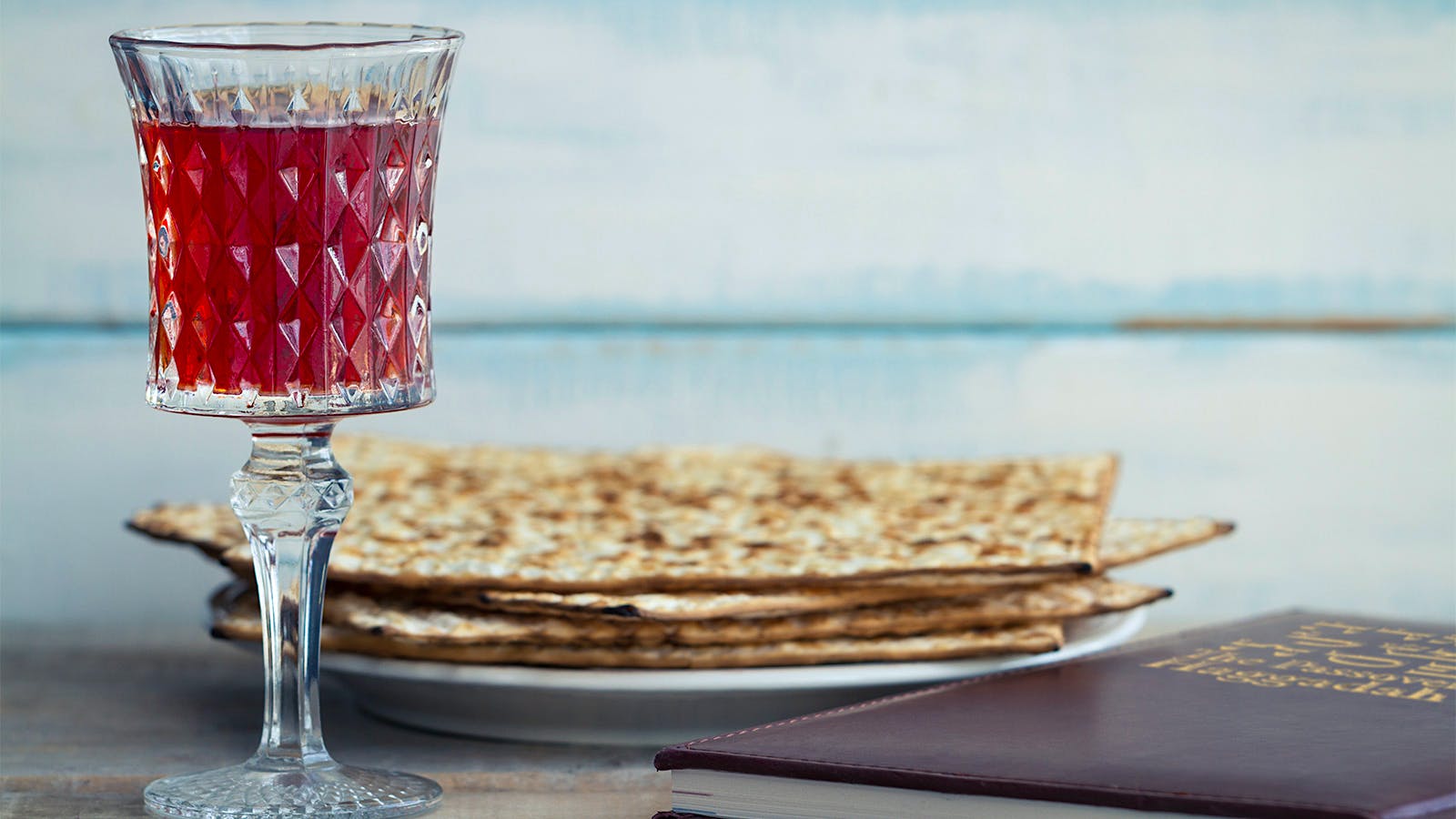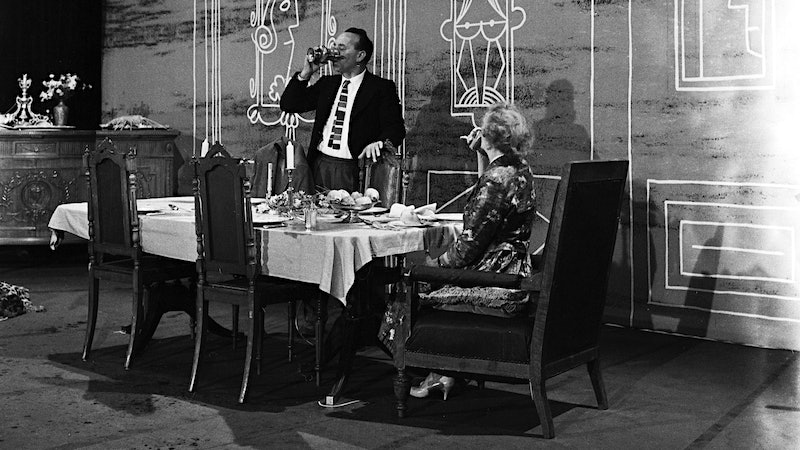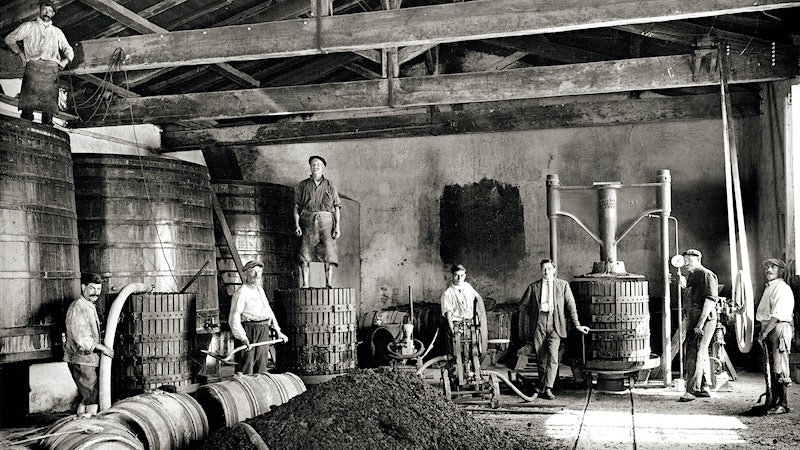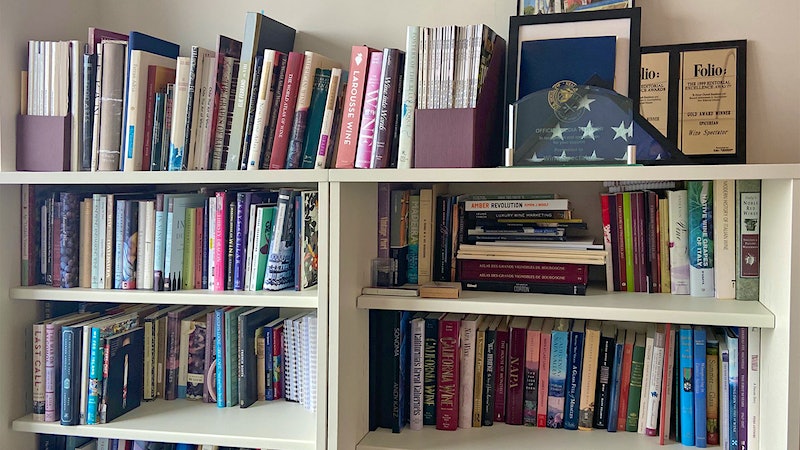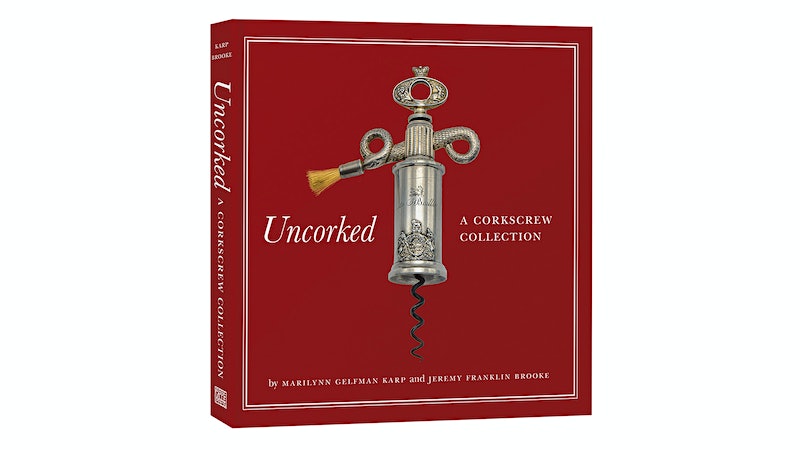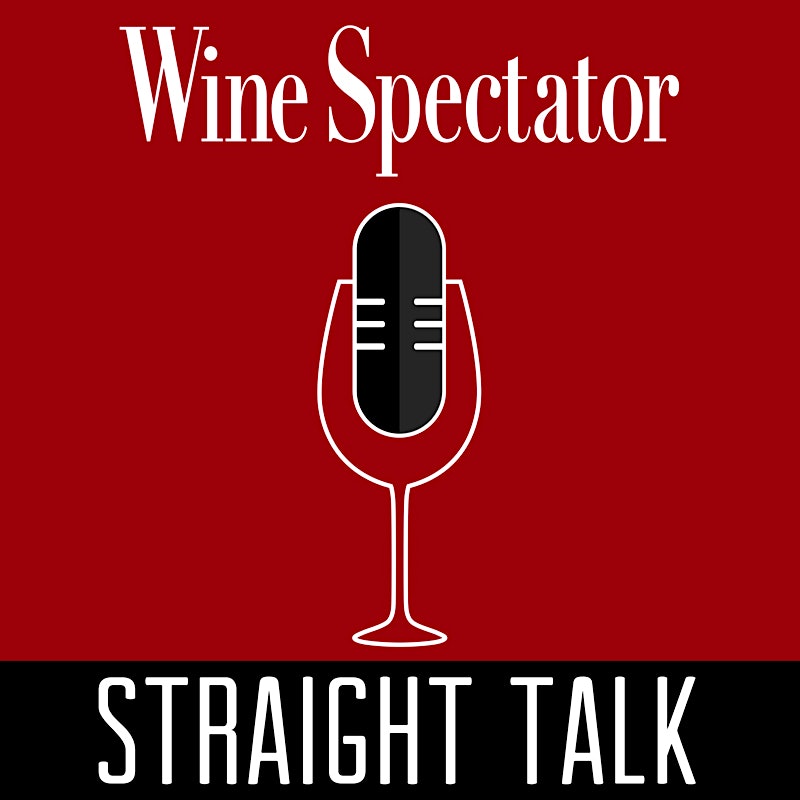Contrary to popular belief, modern kosher wine isn't much different from any other wine. "The fruit is already kosher," says Joe Hurliman, winemaker for California producer Herzog Wine Cellars. "It's our job is to keep it kosher as it becomes wine."
"People [think that] a rabbi has to bless it. Wrong," adds vintner Jeff Morgan, co-owner of California-based Covenant, a high-end kosher winery. "The wine is already holy, it doesn't have to be blessed by anybody."
But to ensure that the process stays kosher from vineyard to glass, there are some requirements to follow under Jewish dietary law, or kashruth. Any additives, like commercial yeast, would need to be approved by a kosher-certification organization. Some things need to be avoided altogether, like fining agents made from non-kosher ingredients. Isinglass, for example, which is made from the bladder of the sturgeon fish, would not be permitted in a kosher wine. Though not mandatory, a winery can also opt to be certified kosher by an official organization like the Orthodox Union, which would require all winemaking to be overseen by a rabbi.
Typically, only Sabbath-observant Jewish people are permitted to handle the wine during every step of the winemaking process, from crush to bottling—including drawing a sample from barrel to taste.
There is a loophole, however, that keeps wine kosher without the worry of who's touching it—a particularly appealing workaround for kosher restaurants with staff members who aren't Sabbath-observant. "There must have been some period thousands of years ago when someone decided that if the wine was heated to a certain temperature, or boiled, it would technically not be considered wine," said Morgan. "Therefore, if it wasn't technically wine, then it wouldn’t have the same requirements as normal wine." These wines are designated as mevushal (which means "boiled" in Hebrew), and are considered ritually impervious to desecration.
Heating a wine can obviously damage it, and the process gave kosher wines a poor reputation for quality in the past. But that is no longer the case (see Wine Spectator reviews of very good and outstanding kosher wines), thanks to modern techniques for achieving mevushal status. One is flash pasteurization, wherein a wine is heated to a temperature that meets kosher requirements, about 185˚ to 190˚ F, for just a few seconds. A newer method, called flash-détente, heats the grapes instead. Once the grapes are picked, they are transported directly to the flash-détente machine and heated whole to about 190˚ F, then immediately cooled to about 80˚ F in a vacuum chamber.
In the last decade, flash-détente has picked up steam at both kosher and non-kosher wineries for its additional benefits. "Flash-détente will heighten fruitiness in the juice and the wine, and will also soften tannins in red grapes," says Morgan. "So you'll get a fruitier, softer wine, and I think many, many wineries are using this for, say, a portion of their blends."
When it comes to the end result, kosher and non-kosher wineries alike have the same goal in mind. "We find that sourcing the best grapes possible and carefully translating their unique qualities into the bottle is the most effective method of achieving a truly spectacular wine," says Hurliman. "It’s really all about the grapes."



